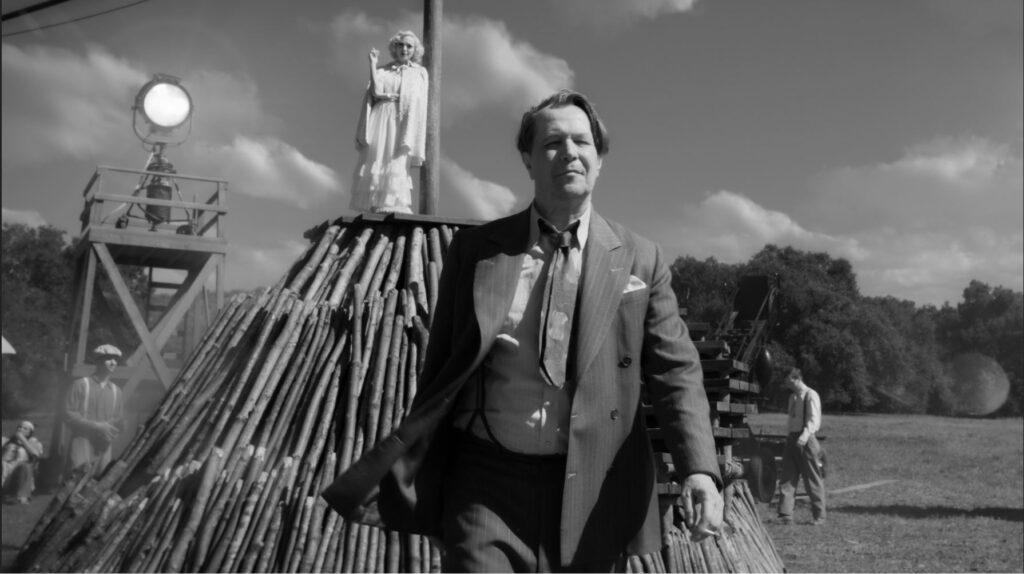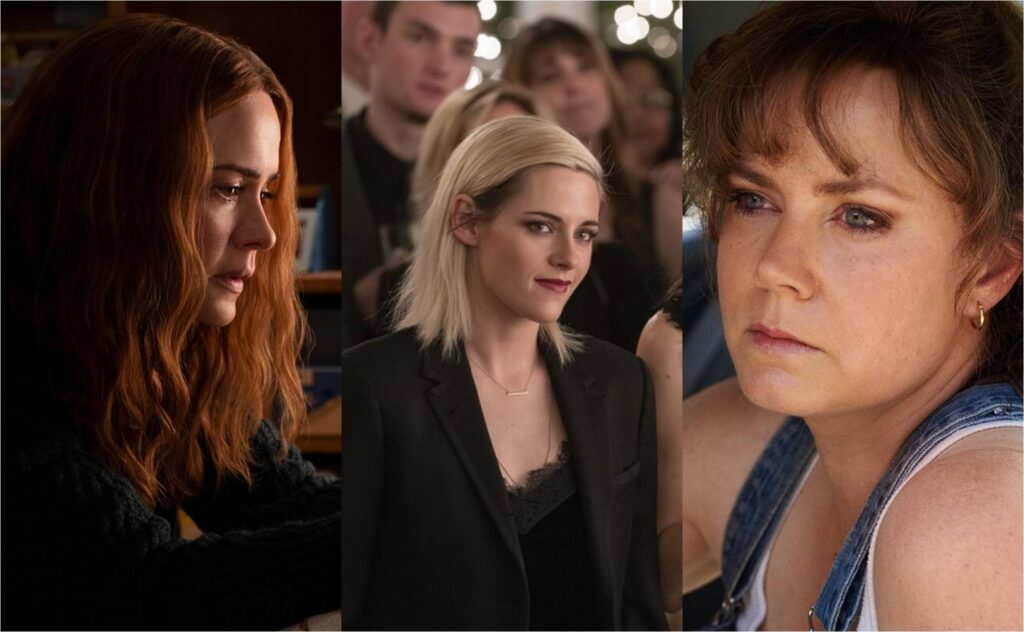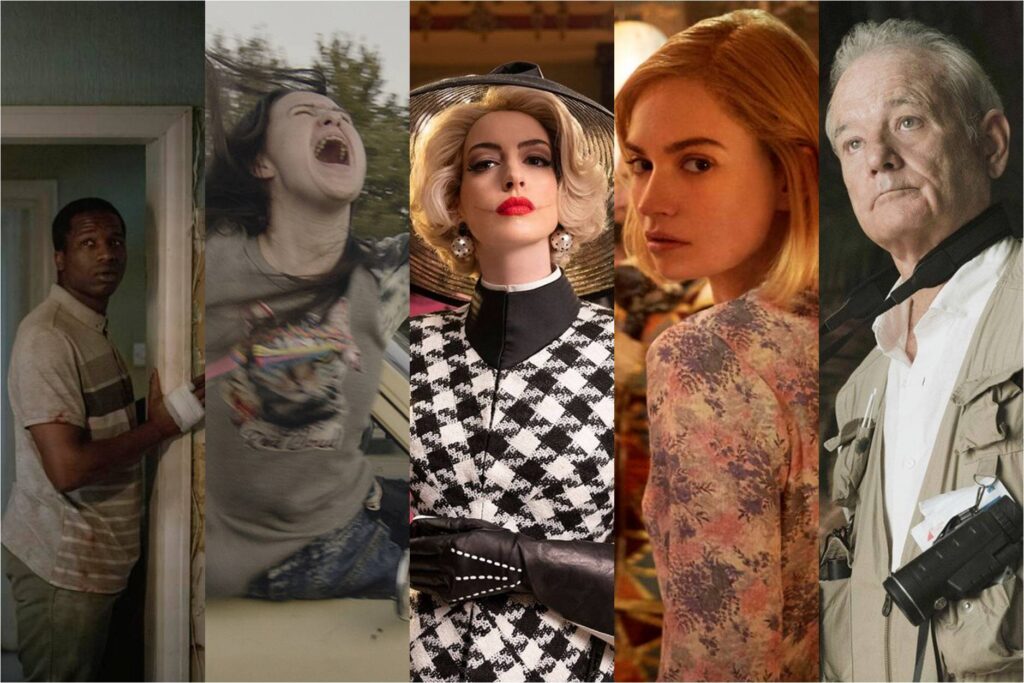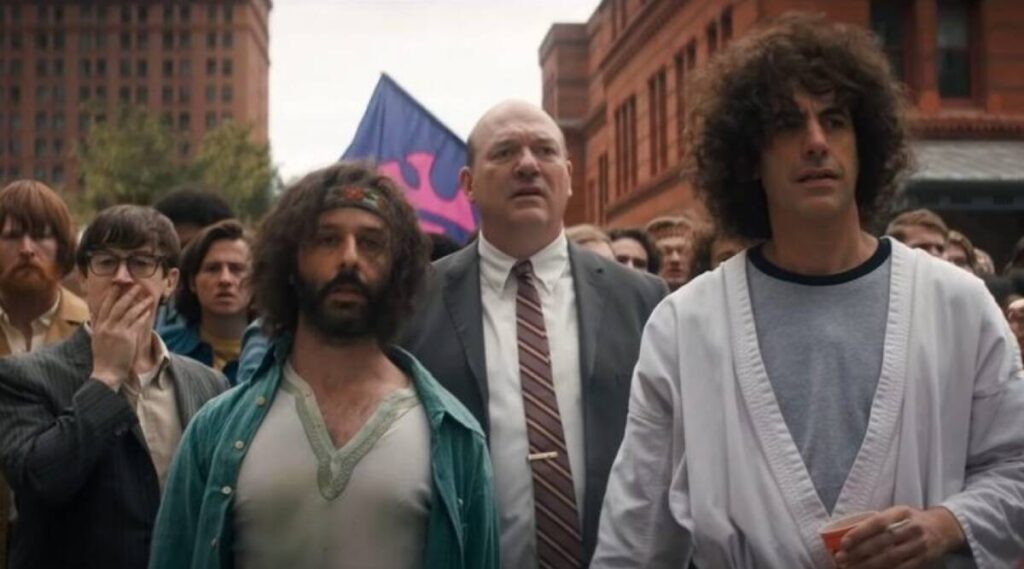Wonder Woman 1984, The Midnight Sky, and the Christmas of Flops
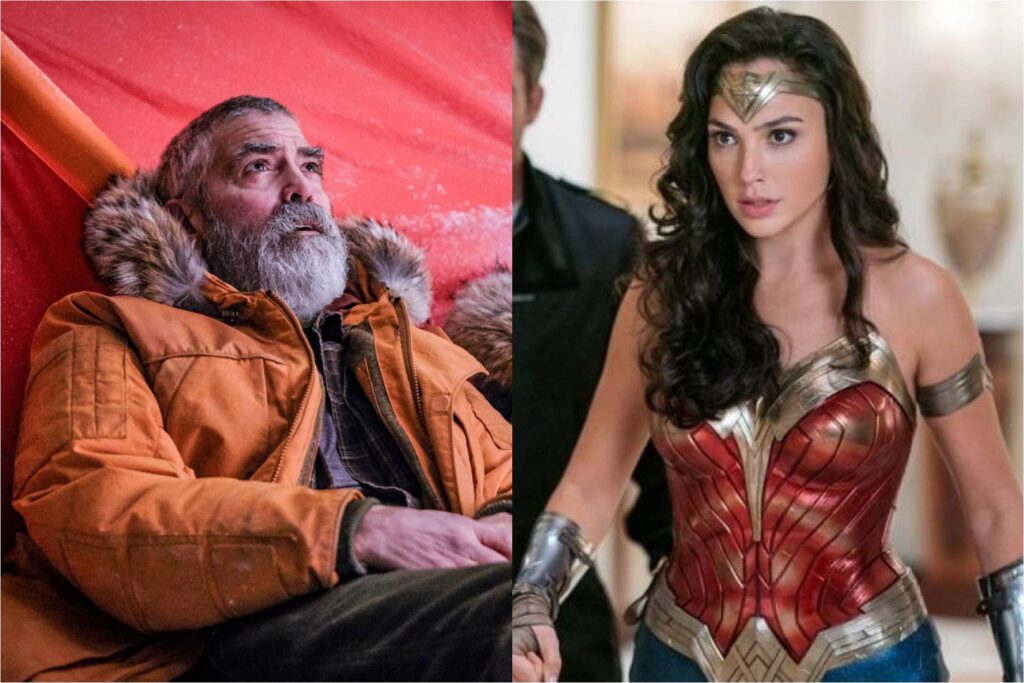
On Christmas Day 2019, I attended one of the most memorable double features of my life: Greta Gerwig’s Little Women, followed by the Safdie Brothers’ Uncut Gems. Forget the visual and verbal audacity of both pictures (not to mention their, er, tonal differences); what I remember most now is the sensation of sitting in a jam-packed auditorium. Neither of those films is conventionally crowd-pleasing, but I don’t think I’m manufacturing a memory when I recall the communal thrill that swept through the audience when Saoirse Ronan delivered an impassioned speech, or when Adam Sandler placed yet another dubious bet. What could better distill the holiday spirit—the anticipation, the laughter, the shared cheer—than watching a movie with total strangers?
Suffice it to say that Christmas Day 2020 unfolded a little differently. But even though the COVID-19 pandemic prevented me from spending my holidays at the movie theater, it didn’t prevent me from spending it watching movies. The clear highlight of the season was Pixar’s Soul, which I’ve already reviewed, but Christmas also brought us two other high-profile streaming releases: Wonder Woman 1984 (on HBO Max) and The Midnight Sky (on Netflix, and technically released on December 23). Both have received fair-to-middling reviews, though I’d argue that one is rather underrated. Read More

